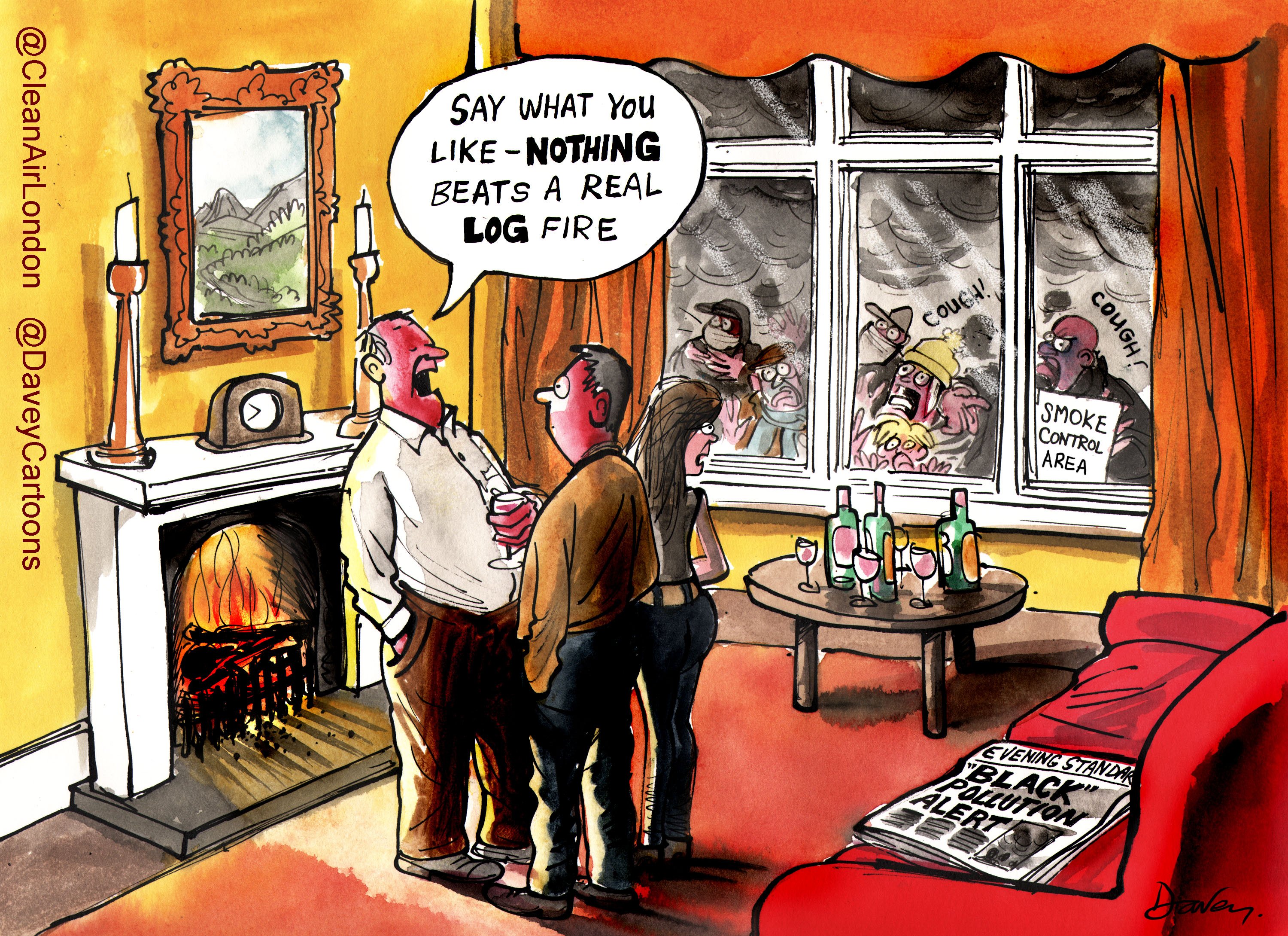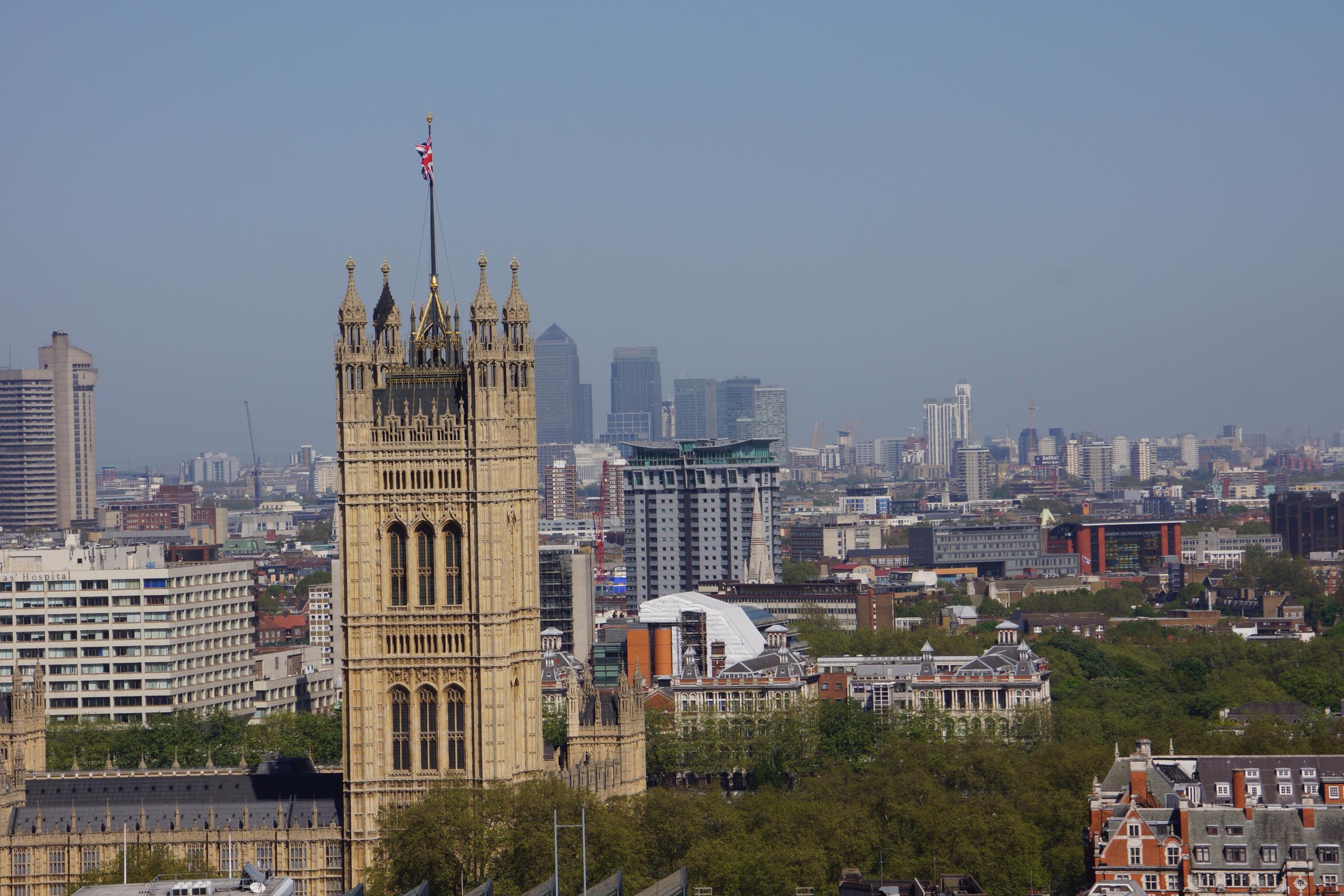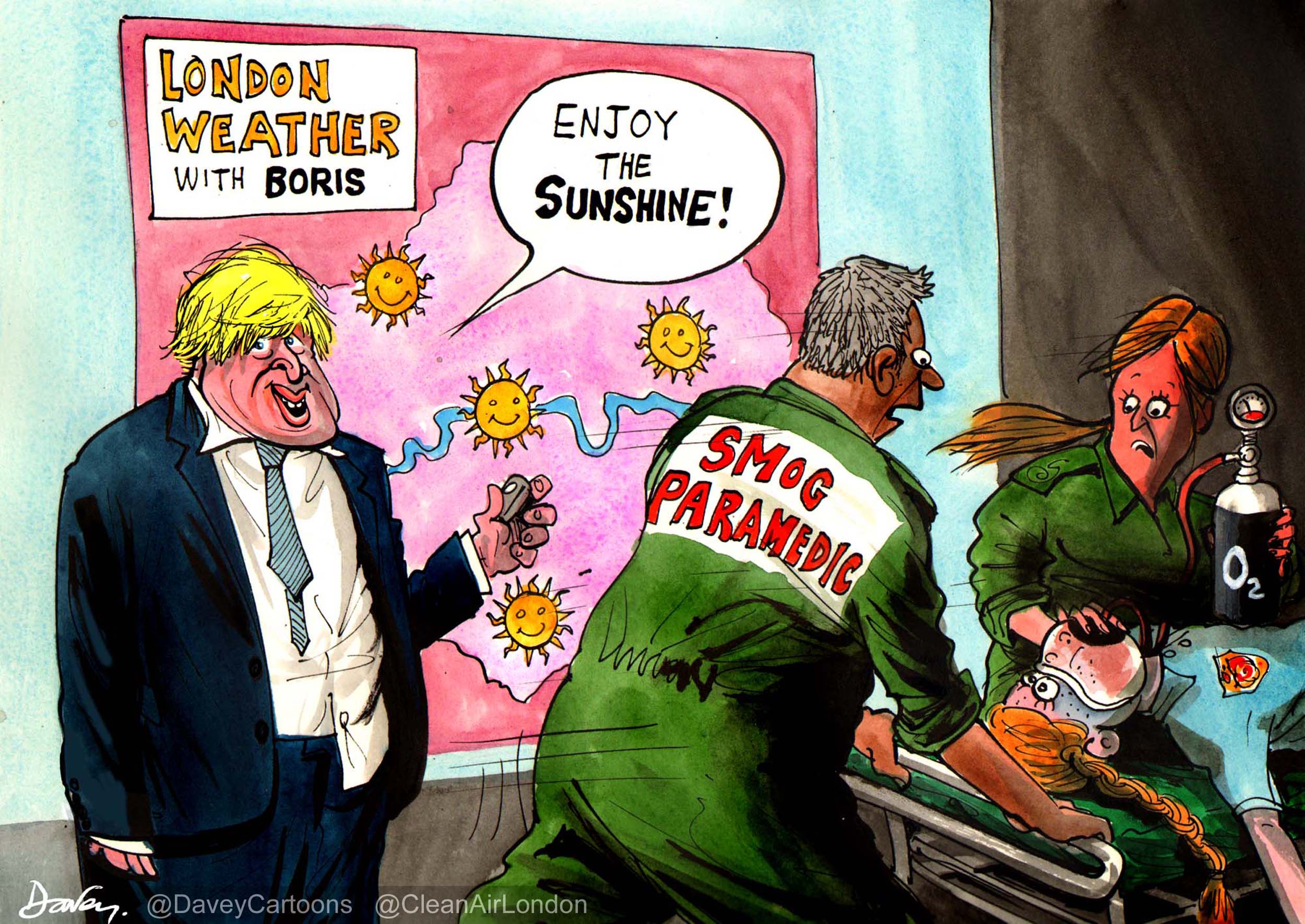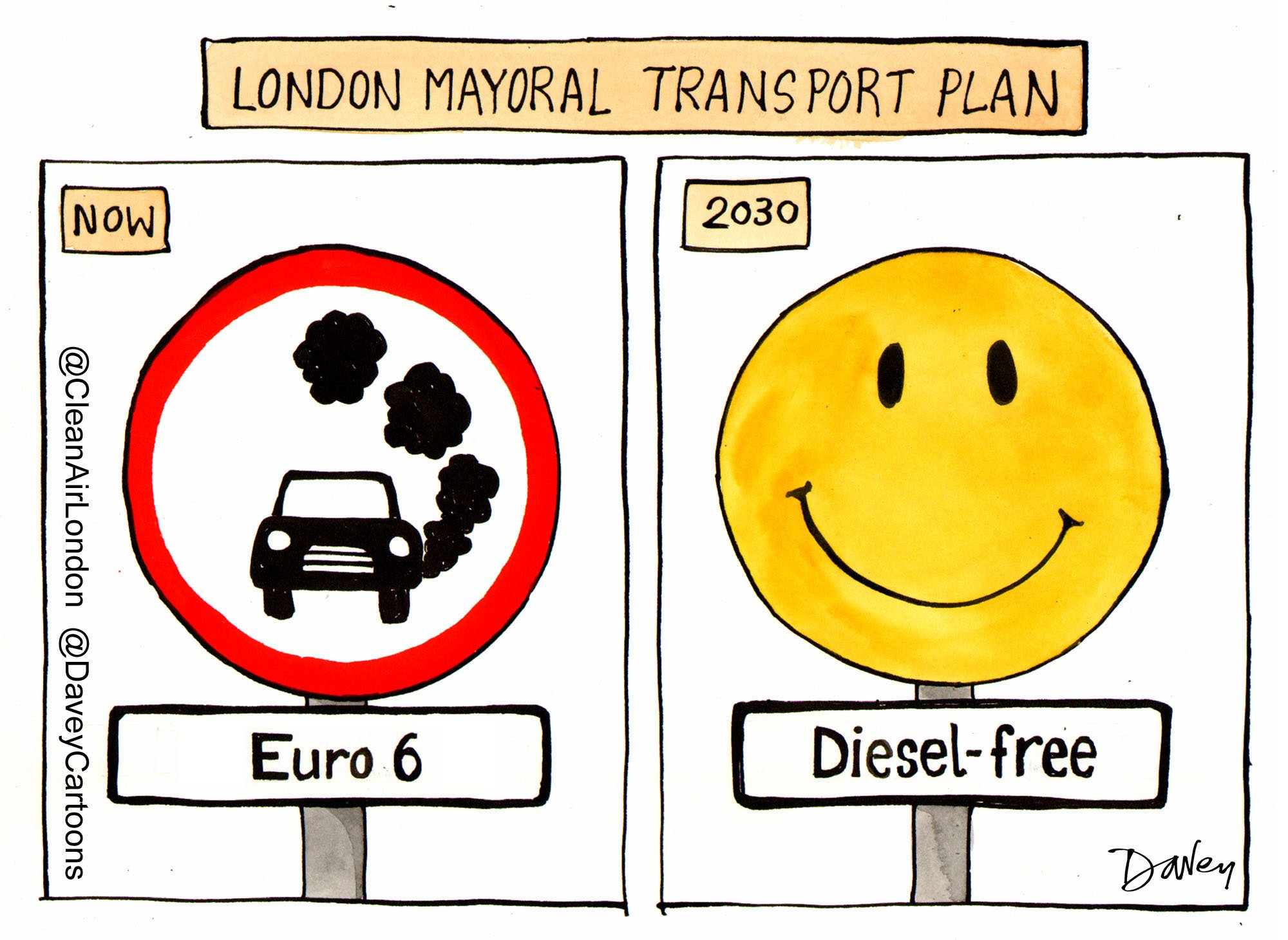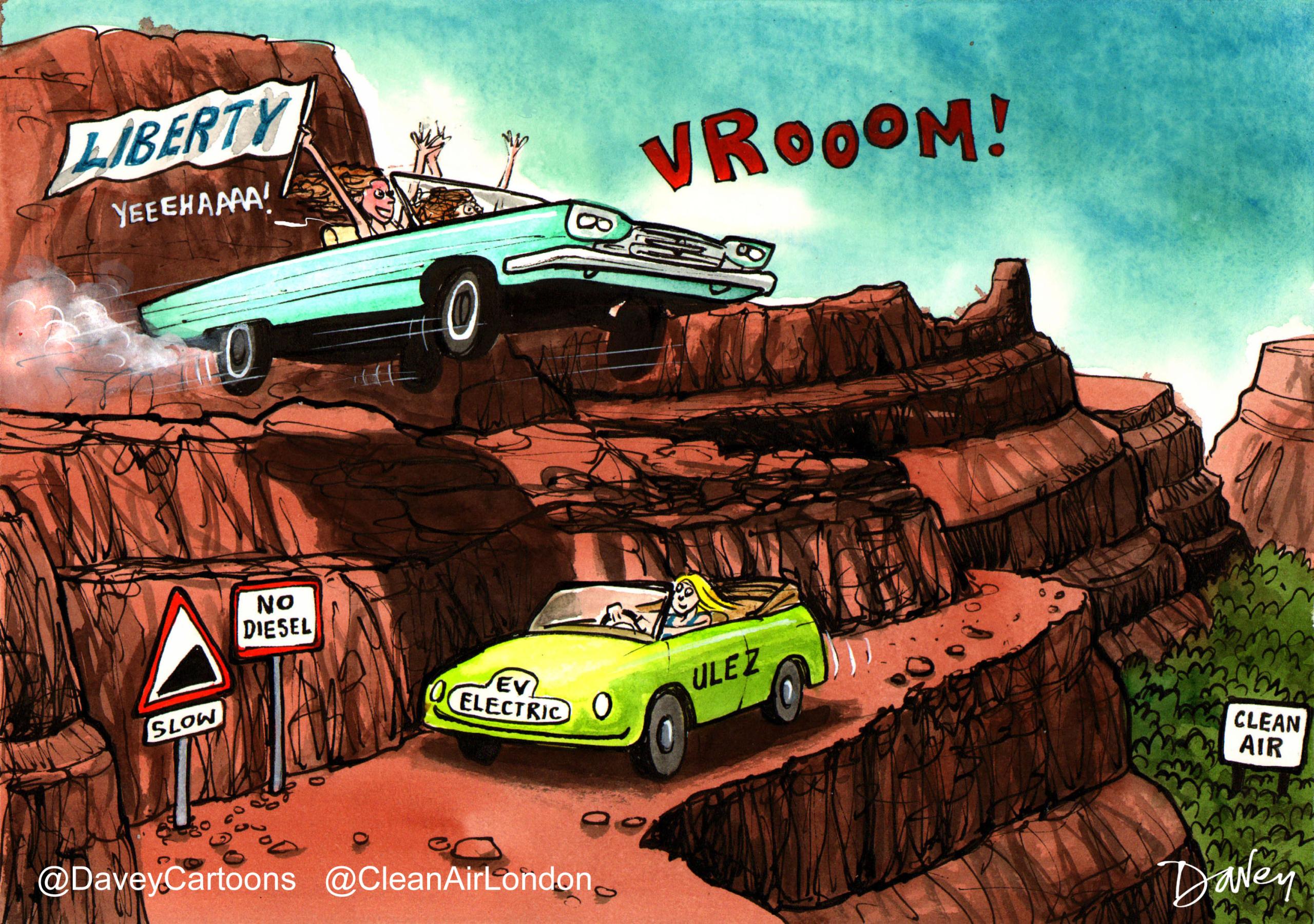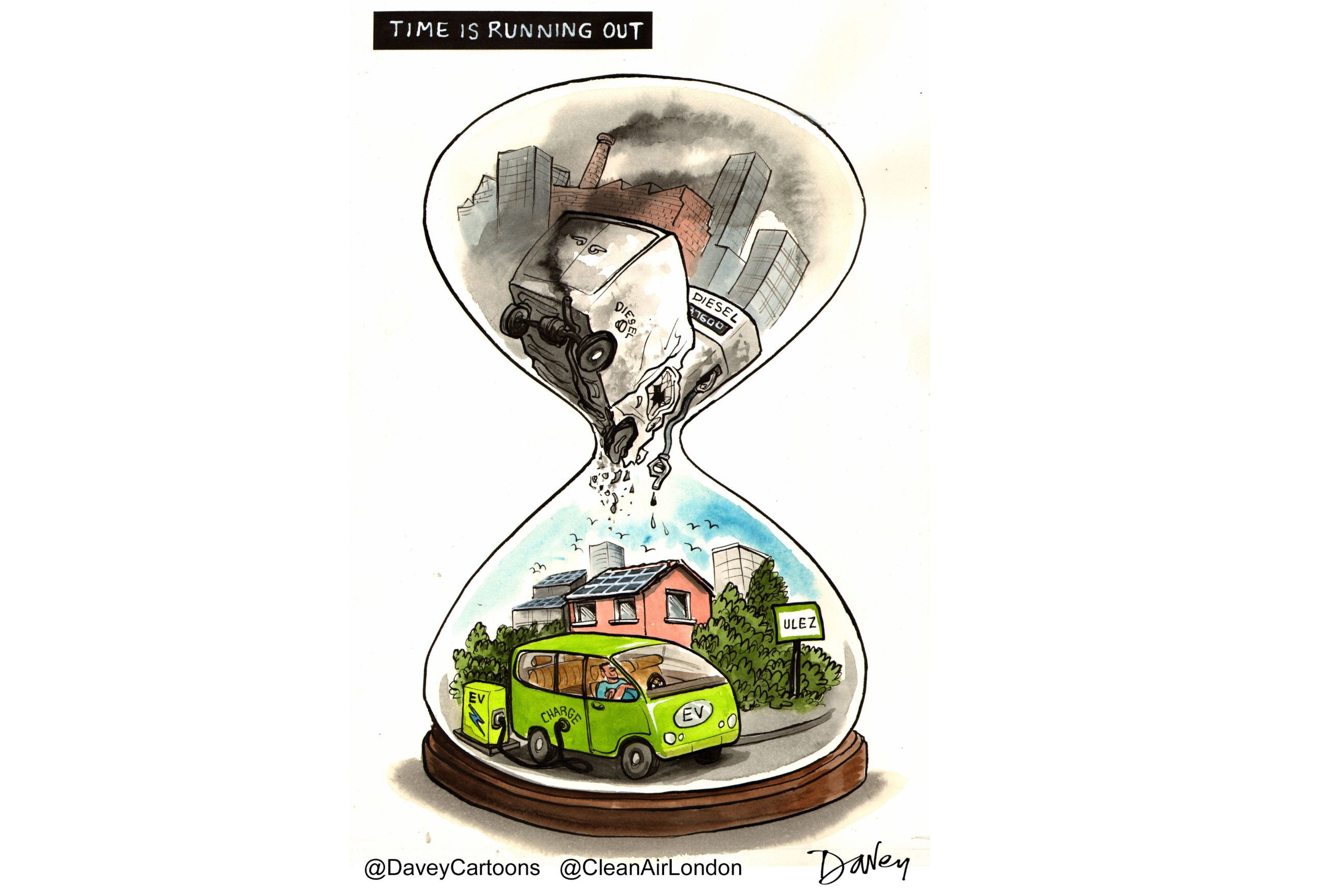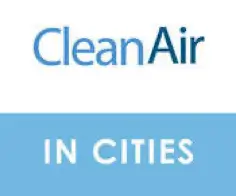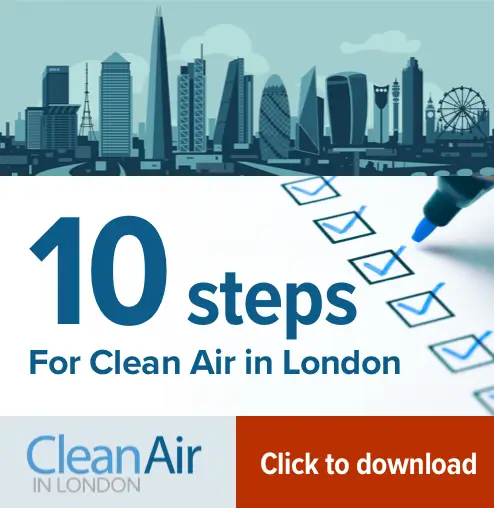The Government has unveiled a new Environment Bill that is extremely disappointing and pale in comparison to its ground-breaking predecessor in 1995.
Worse, days after the Prime Minister claimed that the Environment Bill would update the Clean Air Act 1993, our analysis shows that it would do little or nothing to clean air over the next 10 years and would significantly weaken existing UK and EU legal protections. This is shameful and unacceptable.
At best, the Environment Bill would close two loopholes in existing legislation by making it easier to ban the sale of coal and wood and issue ‘instant’ fines for illegal burning in Smoke Control Areas. These were meant to be outlawed by the Clean Air Act 1956! See: https://cleanair.london/clean-air-act/.
Quote
Simon Birkett, Founder and Director of Clean Air in London, said:
“We should put a stake through the heart of the Government’s draft Environment Bill in its current form.
“At a minimum, a new Environment Bill needs to provide a framework to address the modern fuels, technologies and circumstances of air pollution and guarantee continuity and tightening of health, environmental and legal protections. Of course, it must do the equivalent for all aspects of the environment and sustainability for current and future generations. It currently does none of these critical things.
“Please will all political parties pledge, in their forthcoming manifestos, to introduce a new Clean Air Act that will do the job properly and make the UK a world leader (again) in fighting air pollution.”
Four critical failings in the Environment Bill
The draft Environment Bill has at least four critical failings:
(i) It fails to enshrine the human right to breathe clean air in UK law. Astonishingly, the front page of the Environment Bill states:
Secretary Theresa Villiers has made the following statement under section 19(1)(a) of the Human Rights Act 1998:
“In my view the provisions of the Environment Bill are compatible with the Convention rights.”
This statement was easy to make when the only mention of ‘rights’ in the whole 244-page Bill are ‘copyright’ (of the Bill) and the ‘right’ to challenge (i.e. oppose) measures in it.
(ii) It fails to include any new standards or deadlines to reduce air pollution. It proposes one new health standard only without setting a level or a date until 2022: an annual mean concentration of fine particles (PM2.5). The Government’s much-heralded pledge to comply with World Health Organisation (WHO) guidelines for fine particles (PM2.5) by 2030 is conspicuous by its absence.
Worse, the Environment Bill ignores (or seeks to take credit for the fact) that the National Emissions Ceilings Directive and Gothenburg Protocol already require emissions of five key air pollutants to be reduced to halve UK deaths attributable to PM2.5 by 2030 (except that Defra expects to breach these binding laws for PM2.5 by 24% in 2020 and 52% in 2030).
(iii) It fails to respond to advice from experts, consulted by Defra in 2011, that the Clean Air Act 1993 was completely outdated and needed a full overhaul for modern fuels, technologies and circumstances. The Environment Bill is not a new Clean Air Act and never will be.
(iv) It fails to guarantee at least current legal, health and environmental protections. Worse, Clause 3 (page 3) of the Bill would allow the Secretary of State to revoke the ‘target’ for PM2.5 if satisfied that ‘environmental, social economic or other costs of meeting it would be disproportionate to the benefits’. That is a vague and subjective test.
New Clean Air Act must address at least 12 issues
We need a comprehensive new Clean Air Act to update existing legislation for modern fuels, technologies and circumstances and enshrine the human right to breathe clean air in UK law.
There are currently four detailed proposals for a new Clean Air Act. Together, in one new Clean Air Act, they would update and overhaul the existing Clean Air Act and related legislation:
- enshrine the human right to breathe clean air and the corresponding duties of public authorities explicitly and precisely in UK law*;
- establish a process of regular review that would put science and the most respected UK and international experts at its heart e.g. Climate Change Committee and World Health Organisation (WHO);
- include the full range of air pollutants including greenhouse gases;
- protect public health by setting binding legal limits and deadlines e.g. full compliance with all WHO guidelines for indoor and outdoor air pollution by 2025 (not 2030). This must not be taken as an excuse by Government to weaken existing limit values that match WHO guidelines e.g. nitrogen dioxide (NO2) which have been required to be met by 2010 since 1999;
- protect the natural environment from modern pollutants e.g. ozone;
- mitigate and adapt to climate change by setting binding legal obligations e.g. zero emissions from all controllable sources of air pollution by 2030;
- address modern fuels e.g. gas;
- address modern technologies e.g. gas boilers and combined heat and power (CHP) plants;
- address modern sources and causes of air pollution e.g. non-road mobile machinery, ‘diesel farms’ and cheating vehicle manufacturers;
- include medium sized emission sources that are currently unregulated i.e. CHP plants not just ‘fireplaces’;
- define clear responsibilities, necessary powers and resources for the Mayor of London, local authorities and others by; and
- guarantee continuity and tightening of existing health, environmental and legal protections e.g. for NO2 and through a Citizens’ Commission for Clean Air.
At a minimum, an acceptable Environmental Bill must set an overarching framework for air pollution and the wider environment that allows these 12 issues and others to be addressed properly in a new Clean Air Act.
*The right to breathe clean air is derived from the current human right to life (Article 2 of the European Convention on Human Rights (ECHR)) and the state’s duty to protect that right.
ENDS

